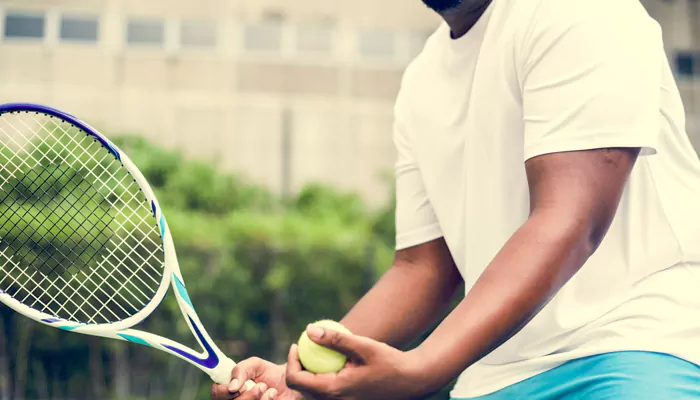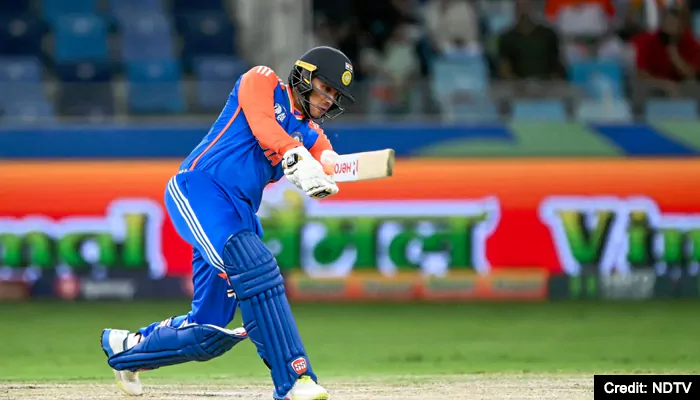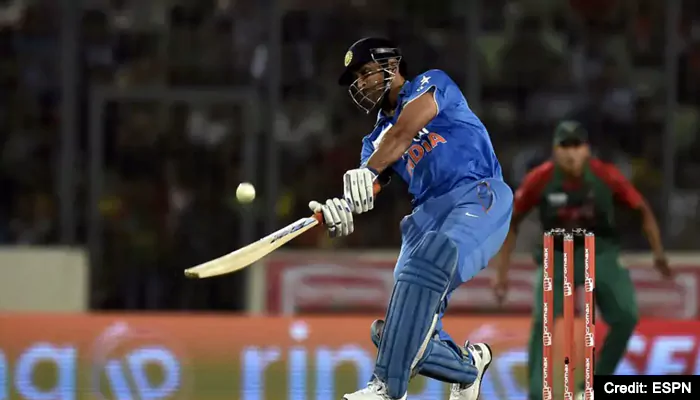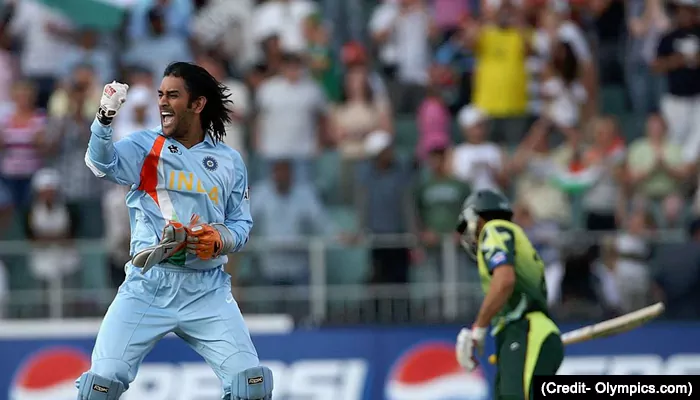
Roger Federer's exceptional talent in tennis is attributed to a combination of factors, each contributing to his status as one of the greatest players in the history of the sport.
Federer's mastery on the court can be dissected into several key components – his technical skill, physical conditioning, mental fortitude, and strategic acumen. These elements, combined with his unique style of play, have set him apart from his contemporaries and predecessors.
Technical Prowess
Federer's technique is often described as flawless. His forehand, recognized for its power and precision, allows him to dominate points and dictate the pace of the game. Federer's backhand, especially his one-handed backhand, is not only aesthetically pleasing but also highly effective, capable of producing both defensive slices and aggressive topspin shots. His serve, while not the fastest, is incredibly accurate and varied, making it difficult for opponents to predict and return effectively.
Physical Conditioning
Federer's movement on the court is another aspect of his game that sets him apart. His ability to glide across the court with apparent ease allows him to cover ground quickly and efficiently, often making difficult shots look effortless. This exceptional footwork and agility, combined with his anticipation and court sense, enable Federer to maintain a strong defensive position while also setting up his offensive plays.
Mental Strength
Federer's mental game is as strong as his physical game. His ability to stay calm under pressure and maintain focus during crucial points has been a key factor in his success. Federer's composure allows him to execute his game plan effectively, even in high-stakes situations. This mental resilience has helped him come back from difficult situations and win matches that seemed out of reach.
Strategic Acumen
Federer's understanding of the game and his opponents is unparalleled. He has the ability to adapt his strategy mid-match based on the conditions and his opponent's play. His strategic flexibility has allowed him to outmanoeuvre younger, physically stronger opponents, using his intelligence and experience to exploit their weaknesses.
Adaptability and Longevity
One of Federer's most remarkable traits is his adaptability. Over his career, he has evolved his game to stay competitive with the changing dynamics of professional tennis. This ability to adapt, combined with a rigorous physical conditioning regime, has contributed to his longevity in the sport, allowing him to compete at the highest level well into his thirties and beyond.
Influence and Legacy
Beyond his technical skill, Federer has had a profound impact on the sport of tennis. His grace, sportsmanship, and professionalism have made him a role model for younger players. Federer's rivalry with other greats of his era, like Rafael Nadal and Novak Djokovic, has elevated the global profile of tennis, bringing it to new audiences and heights of popularity.
Innovative Approach to Training and Preparation

Another aspect that contributed to Roger Federer's success was his innovative approach to training and preparation. Unlike many of his contemporaries who might focus heavily on one aspect of their game or fitness, Federer adopted a more holistic approach. He integrated variety into his training regimen, which included not just hitting balls on the court but also incorporating different sports and activities to improve his agility, reflexes, and endurance. This approach ensured that he remained not just physically fit, but also mentally stimulated and engaged, preventing burnout and maintaining his passion for tennis.
Roger Federer's greatness in tennis stems from a combination of his technical brilliance, strategic mindset, physical and emotional resilience, and his commitment to the broader values of sportsmanship and charity. His legacy is multifaceted, impacting the sport of tennis in ways that will be felt for generations to come.












